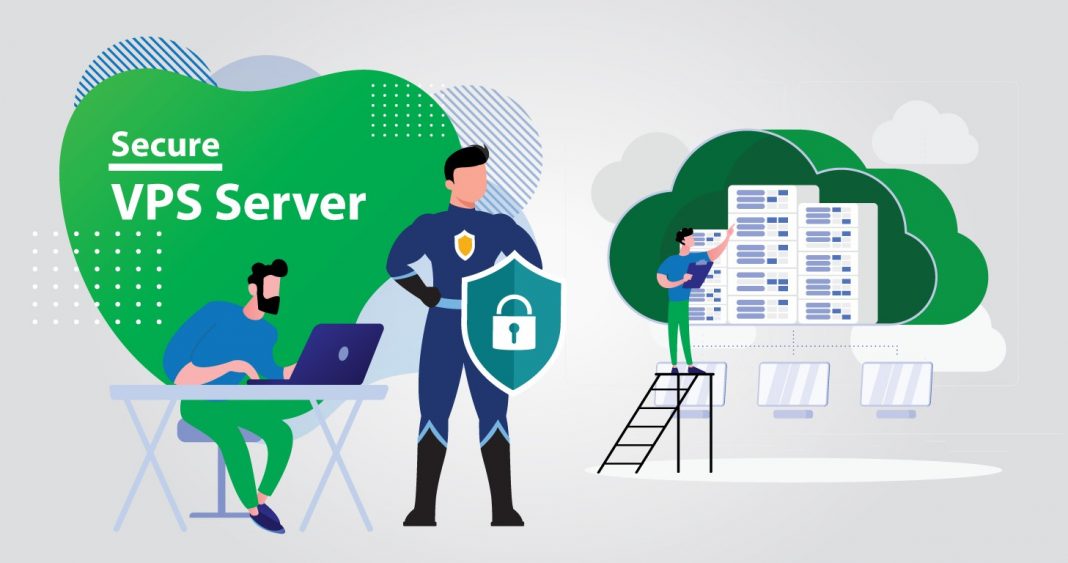Web hosting security is a primary concern for large, medium, and small companies to avoid the data loss of website content, customer details, etc.
Here, we specifically discuss the security measures for Virtual Private Server hosting. Some of the best solutions are:
- Establish and configure a firewall
Firewalls play a crucial role in securing the VPS server against cyberattacks by preventing malware and malicious network traffic from accessing the server. Therefore, the firewall should be configured correctly for effective performance.
Linux VPS server has in-built firewall protection and can add additional security firewalls to overcome new security challenges.
- Modify default root logins
It’s better to change the default usernames like ‘root’ or ‘admin’ to avoid brute force attacks. You need to create a new admin-level user using a different username and disable ‘root’ logins. You can also consider using SSH key authentication rather than password authentication.
- Maintain updated OS Software
The VPS server gets into a risk level when the operating system is not updated into the latest version as vulnerabilities are found and patched quickly in operating systems. Therefore, it’s vital to update the operating system to remove the exposure. In the case of managed services, the hosting provider will take care of all this.
- Monitor VPS Server Logs
Hackers will find the vulnerabilities of using software in your server similar to the OS. Therefore, you better take control over a VPS server to reduce the risk of hacking or malicious attacks by installing only necessary applications and add-ons. You can also set up automatic updates of activities and the latest software versions within your control panel to minimize security issues.
- Prefer using strong passwords
Users should avoid using weak passwords that help the hackers to get the proper login credentials easily using AI-enabled software. The prevention method is to use strong passwords and better implement two-factor authentication.
- Partition your server
Security of your VPS server will enhance by partitioning its SSD that separates the OS from files, applications, and other data. If one of the partitions will compromise, the occurrence of damage is minimized. It is beneficial for quick and easy restoration of your data without any loss.
- Perform regular backups
The cyberattack keeps your business offline, which means you will not allow performing the operations on the applications like email, website, etc. The ideal solution is to have an up-to-date backup for restoring all your affected data, applications, and files.
- Ensures the server is malware-protected
If any vulnerability occurs to your VPS server, you should monitor your files that are being uploaded. In addition, as VPS servers constantly require updating, it’s essential to use anti-virus software from popular brands like CXS and ClamAV.
- Control user access
To provide high-level security for a VPS server, you must control files, file systems, network interfaces, process initializations, and user management. For example, you can limit user access to protect sensitive data and prevent attacking your resource page.
- Don’t expose server information
Try to hide basic information about your infrastructure, including installed software version numbers, as much as possible. Hackers couldn’t be able to find weaknesses by removing this information.
- Use SSL certificates encryption
SSL certificates guarantee data privacy by creating an encrypted channel between your server and client. SSL certificates are crucial for hosting to maintain data security, ranging from creating difficult-to-guess passwords to enabling 2FA authentication. In addition, avoid using unofficial software and open email attachments from unknown people.Some technical know-how required for implementing SSL certificates correctly. Hire a system administrator to reduce the burden and achieve security.
Conclusion
VPS hosting has excellent hosting services for small growing businesses but needs to protect against malicious attacks. Hackers target enterprises, corporates, and e-commerce websites, so that it is compulsory to secure your VPS server against malware threats. The tips mentioned above can help you to maintain the security of your server, you can also take risk free vps hosting to ensure that is suitable for your requirement or not. However, most of the security will be provided to the server by selecting a proper hosting provider that offers 24/7 technical support for expert assistance in case severe damage occurs.

